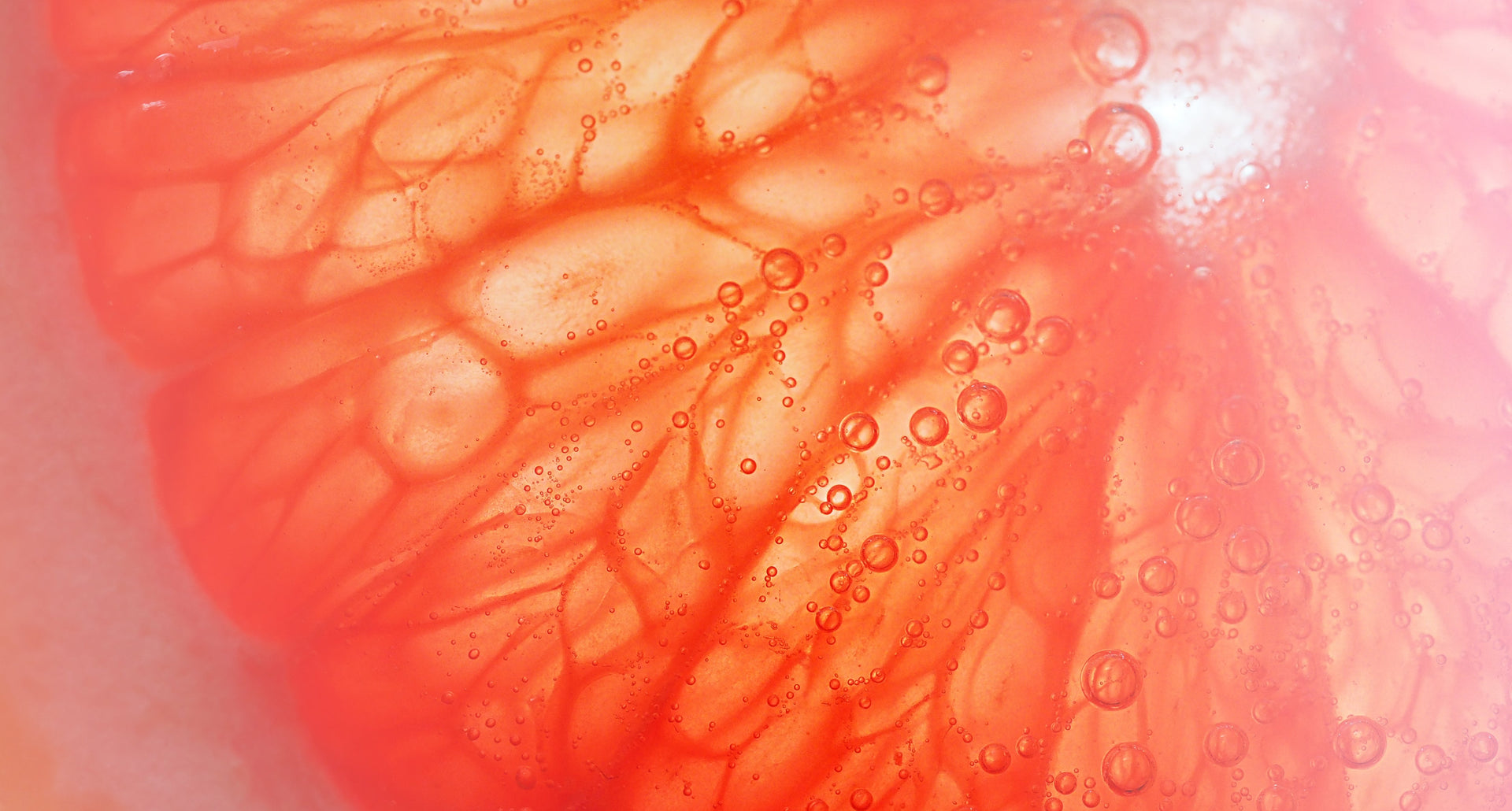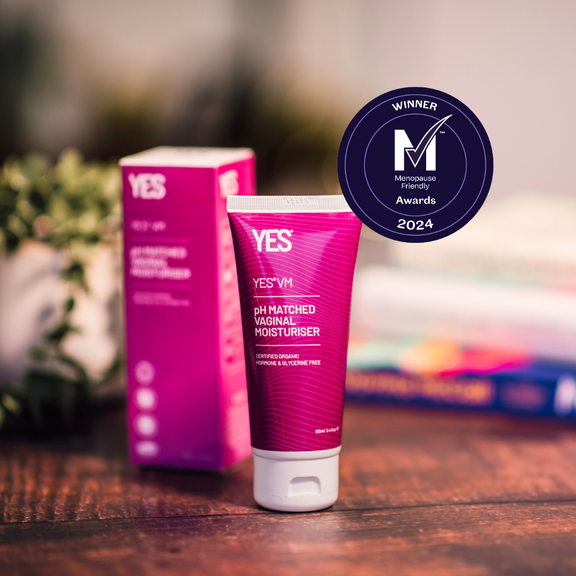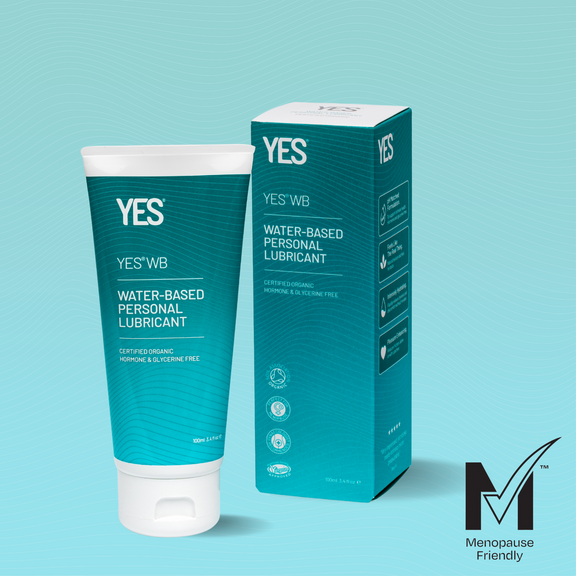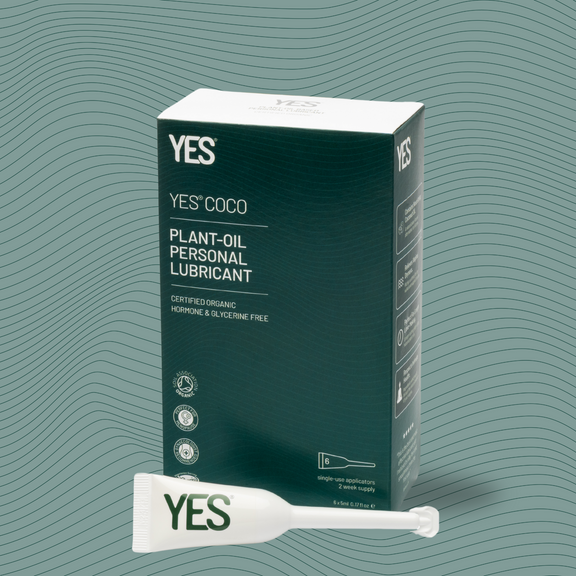YES® say NEVER to Grapefruit seed extract
A Summary of Our findings:
1. Grapefruit Seed Extract is marketed as having powerful antimicrobial properties.
2. Independent research has proven that Grapefruit Seed Extract’s antimicrobial properties are exclusively due to adulterants: undeclared synthetic chemicals, commercially available preservatives and disinfectants.
In Detail:
Commercially available Grapefruit Seed Extract is reported to have significant antimicrobial properties. It is claimed to be effective against many microbes including Candida albicans, Escherichia coli and Staphylococcus aureus as well as many human conditions such as sore throat, acne and Thrush (many more are mentioned in the USDA abstract below).
Several companies that market grapefruit seed extract show extensive research and results on their websites and literature claiming to prove its antimicrobial effects.
Independent Research has proven that grapefruit seed extract has no intrinsic antimicrobial action. More shocking is that the “demonstrated” antimicrobial activity is derived from the synthetic (not naturally occurring) preservatives added to and detected in commercially available grapefruit seed extract products. The synthetic preservatives found include Methyl paraben (can mimic Estrogen), Triclosan (can cause allergic contact dermatitis) Benzalkonium chloride (disinfectant, skin and eye irritant) and Benzethonium chloride (disinfectant, skin and eye irritant only permitted in rinse off products as prolonged contact with the skin is harmful). These synthetic adulterants are not declared on the product ingredient list.
YES® experience with Grapefruit Seed Extract
One of our primary aims, during the YES water-based research and development, was the pursuit of a Natural Preservation System. Natural Preservation, to us, meant finding a naturally occurring molecule or combination of molecules that exhibit antimicrobial activity. Further, the molecules involved must not be skin irritants, skin sensitizers or known to trigger allergic reactions and must have a sufficient track record of commercially proven antimicrobial activity. Grapefruit Seed Extract appeared to meet all our criteria. But in the recommended concentrations (too high and it is a skin irritant) our products were not adequately preserved, and failed to meet the British and European Pharmacopoeia standards each time we tried. We rejected Grapefruit Seed Extract as a preservation option on its performance. During this phase we seriously researched Grapefruit Seed Extract and the abstracts of published articles, shown here, shocked us into deciding that YES® will never contain Grapefruit Seed Extract.

The abstracts:
These abstracts were taken from Medline and other internet sources:
(From US department of agriculture website: http://www.ars.usda.gov/research/publications/publications.htm?SEQ_NO_115=182572)
Submitted to: Journal of Agricultural and Food Chemistry
Publication Type: Peer Reviewed Journal
Publication Acceptance Date: August 1, 2005
Publication Date: August 12, 2005
Citation: Takeoka, G.R., Dao, L.T., Wong, R.Y., Harden, L.A. 2005.
Identification of Benzalkonium Chloride in Commercial Grapefruit Seed Extracts. Journal of Agricultural and Food Chemistry. 53:7630-7636.
Interpretive Summary: Grapefruit seed extract (GSE) is promoted as a natural product that has reported antibacterial and antiviral properties. It is reported to be safe and effective to use internally and externally for a wide variety of conditions such as acne, allergies, athlete’s foot, body odour, candida, colds, cold sores, gastrointestinal infections, gingivitis, impetigo, parasitic infection, sinusitis, sore throat and thrush. There is recent evidence that some commercial GSE samples are adulterated with synthetic preservatives and that these additives are solely responsible for the antimicrobial activity. Preservatives such as methyl 4-hydroxybezoate (methyl paraben), 2,4,4-trichloro-2¿-hydroxydiphenyl ether (triclosan) and benzethonium chloride have been identified in commercial GSE samples. In this study we identified a new synthetic adulterant, benzalkonium chloride, in commercial GSE samples. This ingredient is a synthetic antimicrobial agent that is widely used in cleaning and disinfection agents. The presence of benzalkonium chloride in a commercial product designated for internal and external use by humans is troubling in light of its toxicity and allergenicity.
Technical Abstract: Commercial grapefruit seed extracts (GSE) were extracted with chloroform. The solvent was evaporated, and the resulting solid was subsequently analysed by high performance liquid chromatography, electrospray ionization mass spectrometry (ESI/MS) and tandem mass spectrometry (ESI/MS/MS), and elemental analysis (by proton induced X-ray emission [PIXE] analysis). Three major constituents were observed by HPLC and were identified as benzyldimethyldodecylammonium chloride, benzyldimethyltetradecylammonium chloride, and benzyldimethylhexadecylammonium chloride. This mixture of homologues is commonly known as benzalkonium chloride, a widely used synthetic antimicrobial ingredient used in cleaning and disinfection agents.
Journal Pharmazie: 1999 Jun;54(6):452-6.
Aspects of the antimicrobial efficacy of grapefruit seed extract and its relation to preservative substances contained.
von Woedtke T, Schluter B, Pflegel P, Lindequist U, Julich WD.
Institute of Pharmacy, Ernst Moritz Arndt University, Greifswald, Germany.
The antimicrobial efficacy as well as the content of preservative agents of six commercially available grapefruit seed extracts were examined. Five of the six extracts showed a high growth inhibiting activity against the test germs Bacillus subtilis SBUG 14, Micrococcus flavus SBUG 16, Staphylococcus aureus SBUG 11, Serratia marcescens SBUG 9, Escherichia coli SBUG 17, Proteus mirabilis SBUG 47, and Candida maltosa SBUG 700. In all of the antimicrobial active grapefruit seed extracts, the preservative benzethonium chloride was detected by thin layer chromatography. Additionally, three extracts contained the preserving substances triclosan and methyl parabene. In only one of the grapefruit seed extracts tested no preservative agent was found. However, with this extract as well as with several self-made extracts from seed and juiceless pulp of grapefruits (Citrus paradisi) no antimicrobial activity could be detected (standard serial broth dilution assay, agar diffusion test). Thus, it is concluded that the potent as well as nearly universal antimicrobial activity being attributed to grapefruit seed extract is merely due to the synthetic preservative agents contained within. Natural products with antimicrobial activity do not appear to be present.
PMID: 10399191 [PubMed – indexed for MEDLINE]
Sakamoto S, Sato K, Maitani T, Yamada T. [Analysis of components in natural food additive “grapefruit seed extract” by HPLC and LC/MS] [Article in Japanese] Eisei Shikenjo Hokoku 1996;(114):38-42
The components in a commercial natural food additive, “Grapefruit seed extract”, and the ethanol extract of grapefruit seeds were analyzed by HPLC and LC/MS. The HPLC chromatogram of the commercial grapefruit seed extract was quite different from that of the ethanol extract of grapefruit seeds. Three main peaks were observed in the chromatogram of the commercial grapefruit seed extract. By comparison of the retention times and the absorption spectra with those of authentic samples, two peaks were ascribed to methyl-p-hydroxybenzoate (Methylparaben) and 2,4,4′-trichloro-2′-hydroxydiphenylether (Triclosan). Triclosan was also identified by LC/MS by using the negative electrospray ionization method.
Calori-Domingues MA, Fonseca H. Laboratory evaluation of chemical control of aflatoxin production in unshelled peanuts (Arachis hypogaea L.). Departamento de Ciencia e Tecnologia Agroindustrial, Escola Superior de Agricultura, Universidade de Sao Paulo, Piracicaba, Brazil. Food Addit Contam 1995 May-Jun;12(3):347-50
Propionic acid (ammonium salt) at 3000 mg/kg (PA1) and 5000 mg/kg (PA2) of unshelled peanuts (UP); grapefruit seed extract at 5000 mg/kg (GF1) and 10,000 mg/kg (GF2); sodium orthophenylphenate at 2500 mg/kg (SOP1) and 5000 mg/kg (SOP2); thiabendazole 1000 mg/kg (TBZ1) and 5000 mg/kg (TBZ2) were studied in the laboratory, to verify their efficiency in controlling fungal growth and aflatoxin (AF) production on moist UP (16-18% moisture content). Moist UP were put into polyethylene bags with cotton plugs and incubated at 30 +/- 2 degrees C for 28 days. Treatments were considered efficient when the AF content (B1 + G1) remained under 30 micrograms/kg. PA1 treatment was efficient until 14 days of incubation and PA2 during the whole incubation period (28 days). All other treatments were not efficient, showing AF contents from 150 to 108,333 micrograms/kg during the incubation periods. Propionic acid, used as ammonium propionate, at 5000 mg/kg shows promise in controlling aflatoxin production when applied to moist unshelled peanuts.








